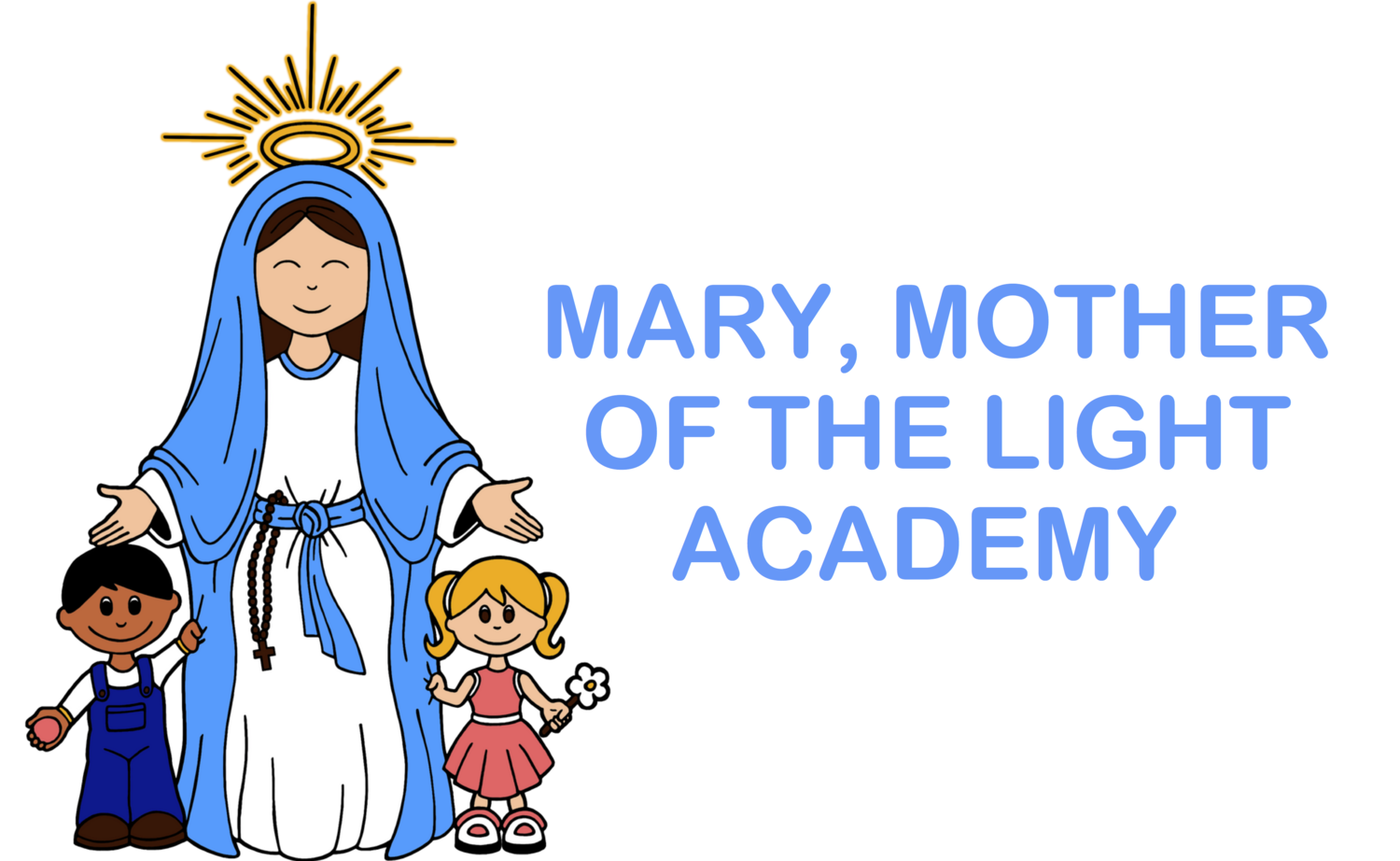The Role of Music and Movement in Early Childhood Education
/At Mary, Mother of the Light Academy, we recognize the profound impact that music and movement can have on a child's development. From fostering creativity and self-expression to enhancing cognitive abilities and social skills, integrating these activities into our curriculum enriches the learning experience in profound ways.
Why Music and Movement Matter
Cognitive Development: Music stimulates various areas of the brain, promoting memory retention, pattern recognition, and problem-solving skills. Through songs, rhymes, and musical games, children sharpen their listening skills and develop a deeper understanding of rhythm and melody.
Emotional Expression: Music is a universal language that allows children to express a wide range of emotions. Whether joyous or reflective, musical experiences provide a safe outlet for emotional expression and encourage empathy and compassion towards others.
Physical Health: Movement activities such as dancing, yoga, and gross motor exercises promote physical fitness, coordination, and balance. Engaging in rhythmic movements also improves fine motor skills, essential for tasks like writing and drawing.
Social Interaction: Participating in musical ensembles or group dances fosters collaboration, teamwork, and communication skills. Children learn to listen to each other, take turns, and work together towards a common goal, laying the foundation for positive social interactions.
Cultural Appreciation: Exposing children to a diverse range of musical genres and cultural traditions cultivates an appreciation for global diversity and fosters respect for different perspectives and backgrounds.
Bringing Music and Movement Home
The benefits of music and movement extend beyond the classroom walls. Parents can incorporate these activities into daily routines to enhance their child's learning and well-being:
Create a Musical Environment: Play a variety of music genres at home and encourage spontaneous singing and dancing. Music can accompany daily activities like cleaning up, getting dressed, or cooking, making chores more enjoyable.
Family Jam Sessions: Make time for family sing-alongs or dance parties. These bonding experiences strengthen family connections and create lasting memories.
Outdoor Adventures: Take advantage of nature's rhythm by incorporating outdoor activities like nature walks, playground games, or exploring rhythmic patterns in natural sounds.
Storytelling through Movement: Encourage children to act out stories or nursery rhymes using gestures and movements. This not only enhances storytelling skills but also promotes creativity and imagination.
Mindful Moments: Introduce calming music or guided meditation exercises to help children unwind and develop self-regulation skills.
Our Commitment to Musical Excellence
At Mary, Mother of the Light Academy, music and movement are integral parts of our curriculum. Our dedicated educators infuse creativity and joy into every lesson, creating a vibrant learning environment where children thrive academically, emotionally, and spiritually.
As we celebrate the harmony of music and movement in early childhood education, we invite parents and caregivers to join us in embracing these enriching experiences both in our school and at home. Together, let us nurture the potential of every child, guiding them on a path of lifelong learning and fulfillment.

